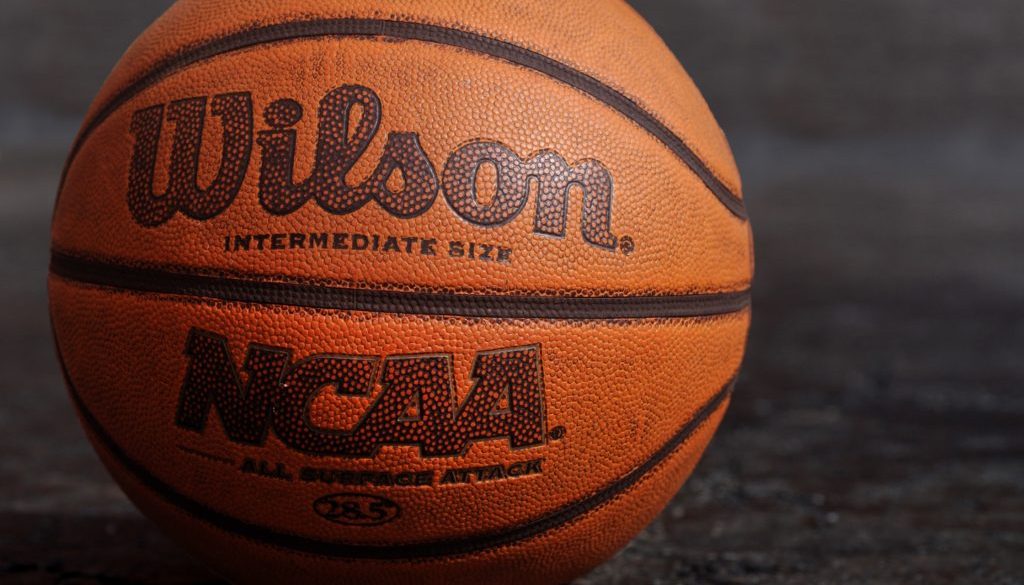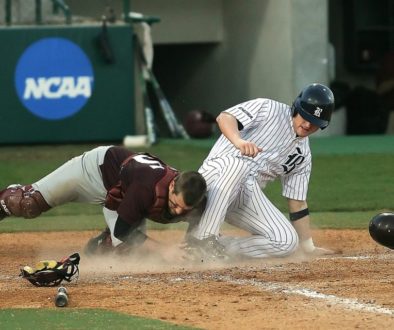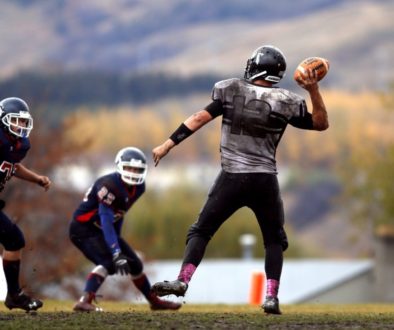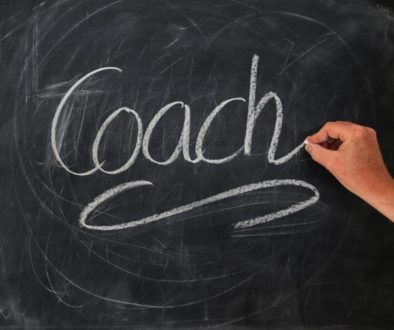NCAA Enforcement Process
The National Collegiate Athletic Association (“NCAA”) infractions enforcement process can often be confusing and labor intensive, as well as reputation and career threatening. If you are a coach or a student-athlete and find yourself involved in this process, legal counsel can help you navigate the process and mitigate negative consequences.
The NCAA is a voluntary association of colleges and universities that govern college athletic competitions among its members. NCAA schools and their coaches, as well as student-athletes who sign a National Letter of Intent, agree to abide by NCAA bylaws. The NCAA bylaws address issues such as amateurism, recruiting, financial aid, academic eligibility, and parameters of practice and competition. NCAA bylaws also establish procedures whereby the NCAA enforces compliance with its bylaws. These compliance procedures are generally called the enforcement process. The enforcement process consists of four phases – investigations, charging, hearings, and penalties.
A coach or student-athlete becomes involved in the enforcement process when their school discovers a potential bylaw violation or when the NCAA enforcement staff (the NCAA’s staff tasked with investigating potential bylaw violations), becomes aware of a potential violation. Once the enforcement process begins, its course depends upon whether the school or the enforcement staff concludes that a violation occurred and, if so, the perceived severity of the violation.
The NCAA currently categorizes violations as “Level I,” “Level II” or “Level III.”
If a Level III violation appears to have occurred, a school will generally submit a self-report regarding the violation and resulting self-imposed sanctions to the enforcement staff. The enforcement staff concludes the case by accepting the school’s report, sometimes imposing additional sanctions.
If a Level I or Level II violation is suspected to have occurred, the enforcement staff issues a Notice of Allegations setting forth the alleged violation, and the process continues on one of four paths: Negotiated Resolution; Summary Disposition; Committee on Infractions (“COI”) Hearing; or, if the case is deemed complex, Independent Accountability Resolution Process.
NCAA bylaws regarding the “obligations of membership,” the “responsibility to cooperate,” and “unethical conduct” set conduct expectations for schools, coaches and student-athletes during the infractions enforcement process. Failure to meet these expectations may cause increased sanctions. Even though the NCAA does not have subpoena power, the enforcement staff possess significant investigative leverage during the infractions enforcement process. NCAA bylaws require schools, coaches and student-athletes to “cooperate” or affirmatively assist the enforcement staff with its investigation of suspected violations, even if the cooperation negatively affects the school, coach or student-athlete.
The Diefenbach Group understands the NCAA enforcement process and is here to help navigate the process and mitigate its negative consequences. Our team of attorneys and support staff are always available to assist by independently investigating the potential misconduct, researching and applying NCAA legislation and case precedent, preparing coaches or student-athletes for interviews and hearings, advocating for our clients’ before the COI, and/or providing proactive risk management advice.
The Diefenbach Group can also assist with meeting the NCAA’s investigative conduct expectations during the enforcement process to avoid additional sanctions for perceived uncooperativeness.
If you are faced with an NCAA infractions investigation, don’t go it alone. Call the Diefenbach Group today and allow one of our experts to give you the tools you need to succeed.




